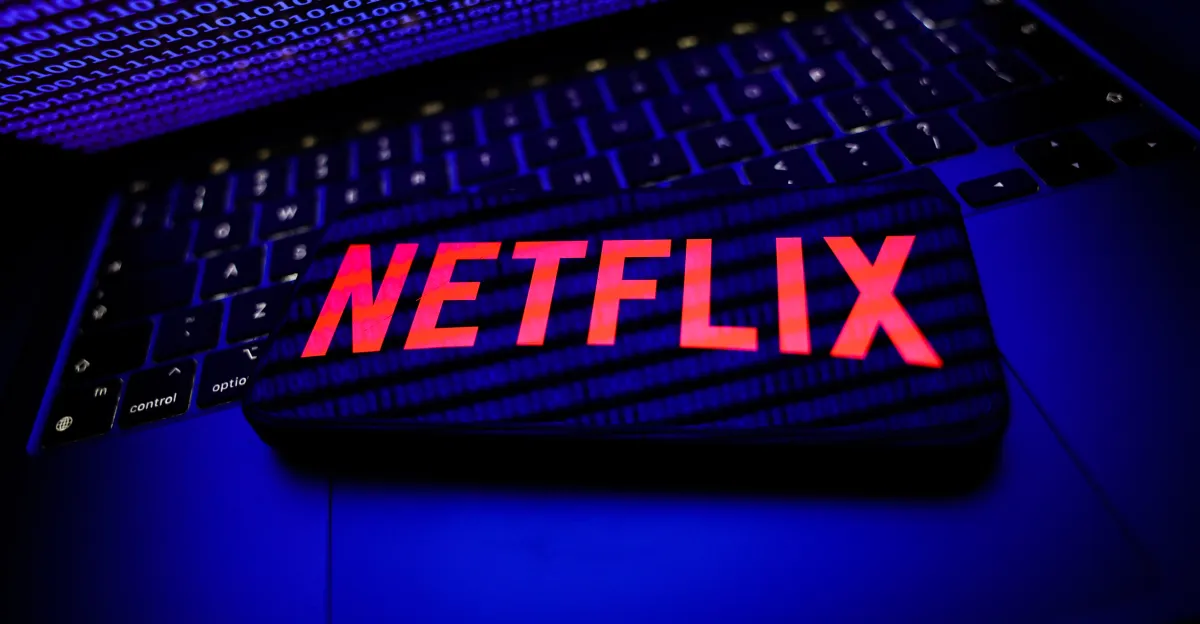By News Karnataka Editorial Team
Copyright newskarnataka

New Delhi: Asia’s richest man Mukesh Ambani has unexpectedly emerged at the heart of a brewing diplomatic storm between India and the United States, as Washington tightens its stance on Russian oil imports. The controversy began when U.S. Treasury Secretary Scott Bessent, speaking in an interview last month, accused “some of the richest families in India” of profiting from the war in Ukraine. Though no names were mentioned, policymakers and observers in New Delhi immediately pointed to Ambani and his oil refining empire.
Reliance’s role in Russian crude imports
Reliance Industries, Ambani’s sprawling conglomerate with interests in energy, retail, telecom and more, has over the years built one of the world’s largest refining businesses. The group’s refineries process millions of barrels of crude oil every day, fuelling India’s fast-rising domestic demand as well as global markets.
Since Russia’s invasion of Ukraine in 2022, Reliance has taken advantage of discounted Russian crude, a practice followed by several Indian refiners. This has proven doubly beneficial: lowering Reliance’s input costs while helping Moscow secure a critical outlet for its oil amid Western sanctions.
US pressure intensifies
The arrangement, however, has not gone unnoticed in Washington. President Donald Trump has made it clear that his administration views India’s purchases of Russian oil as undermining Western efforts to isolate Moscow. Trump has now demanded that New Delhi diversify its energy sources and scale back dependence on Russian supplies.
“India is a close partner, but it cannot continue financing Russia’s war effort through energy purchases,” an administration official told U.S. media. While the Indian government has so far defended its energy strategy as a matter of national interest, analysts believe Reliance, by virtue of its sheer size, is now central to this debate.
A boon for Ambani, a lifeline for Moscow
For Ambani, the discounted Russian oil has been a windfall. His net worth has soared to over $100 billion, cementing his position as Asia’s richest man. Reliance’s energy business has not only shielded India from higher global fuel costs but also ensured stable supplies for the country’s 1.4 billion people.
But critics argue that these benefits come at a geopolitical price. With Reliance’s Russian crude purchases running into billions of dollars, Moscow continues to earn vital revenue despite Western sanctions, prolonging the Ukraine war.
India’s energy dilemma
Indian officials maintain that energy imports are guided by affordability and security, not politics. Commerce and Industry Minister Piyush Goyal recently said that India needs “diversified and stable energy sources” to sustain its growth. However, U.S. sanctions threats and diplomatic pressure complicate this balancing act.
If Washington chooses to penalise Indian refiners or restrict Reliance’s international operations, it could have significant economic ripple effects. “Reliance is too big to ignore, both for India and for its global partners. The U.S. will have to calibrate its approach carefully,” said a senior trade expert in New Delhi.
Ambani at the crossroads
For Ambani, the crisis underscores the risks of operating at the intersection of business and geopolitics. His conglomerate has long thrived on global integration, with Reliance exports and partnerships spanning dozens of countries. But as the Ukraine war drags on, the scrutiny of Indian refiners — and Ambani in particular — is likely to intensify.
The standoff over Russian oil imports highlights the delicate balancing act India faces in pursuing energy security while navigating global geopolitics. For Mukesh Ambani, it may mean that the fortunes of his empire are increasingly tied not just to market forces, but to diplomatic negotiations between New Delhi and Washington.



